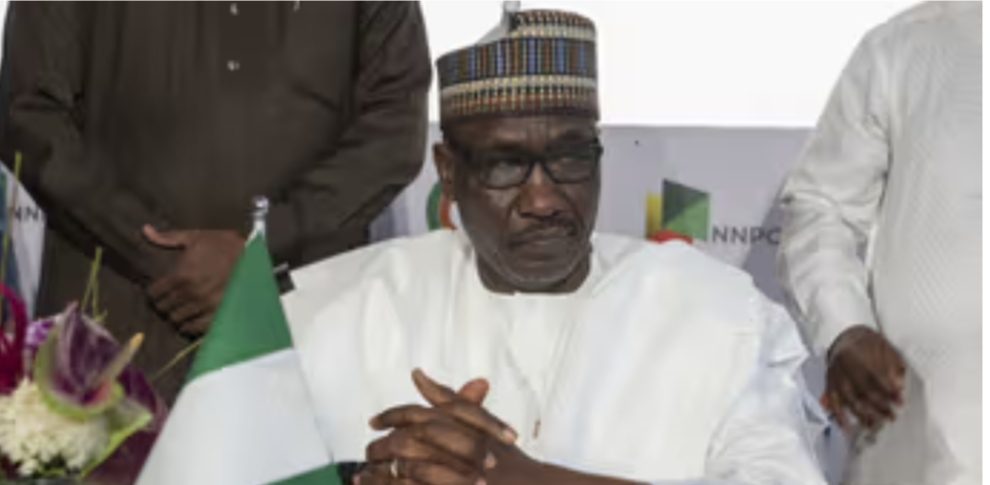
Despite earlier commitments to end fuel importation and prioritize locally refined petroleum products, Nigeria imported approximately 1.5 million metric tonnes of petrol, 414,018 metric tonnes of diesel, and 13,500 metric tonnes of aviation fuel between October 1 and November 11. The imports reportedly cost the nation close to ₦3 trillion, sparking widespread criticism.
Environmental Rights Advocacy Network (ERAN) spokesperson Onuh accused the Nigerian National Petroleum Company Limited (NNPCL) of failing to honor its pledges. He criticized NNPCL Group CEO Mele Kyari for what he described as a lack of integrity, stating, “Kyari has made a U-turn on his pledge, demonstrating a lack of accountability.”
Onuh also highlighted the persistent dysfunction of the nation’s refineries. “Port Harcourt, Warri, and Kaduna refineries remain in comatose despite trillions injected into them, forcing Nigerians to endure adulterated fuel,” he added.
In response, NNPCL spokesperson Olufemi Soneye refuted claims that Kyari promised a complete halt to fuel imports. According to Soneye, Kyari only pledged to prioritize local refining capacity while managing supply shortages through strategic imports.
ERAN has called on the government to adopt more decisive measures to rehabilitate the country’s refineries, emphasizing the need for transparency and efficiency. “The continued mismanagement of this critical sector risks further economic harm,” the group warned.
Industry experts, including Segun Adeyemi, have echoed these concerns, urging authorities to expedite the rehabilitation of refineries and to provide clarity on timelines for achieving self-sufficiency in fuel production.
The debate has reignited public scrutiny of the government’s energy policies, particularly regarding the impact of sustained fuel importation on Nigeria’s foreign exchange reserves and economic stability.

